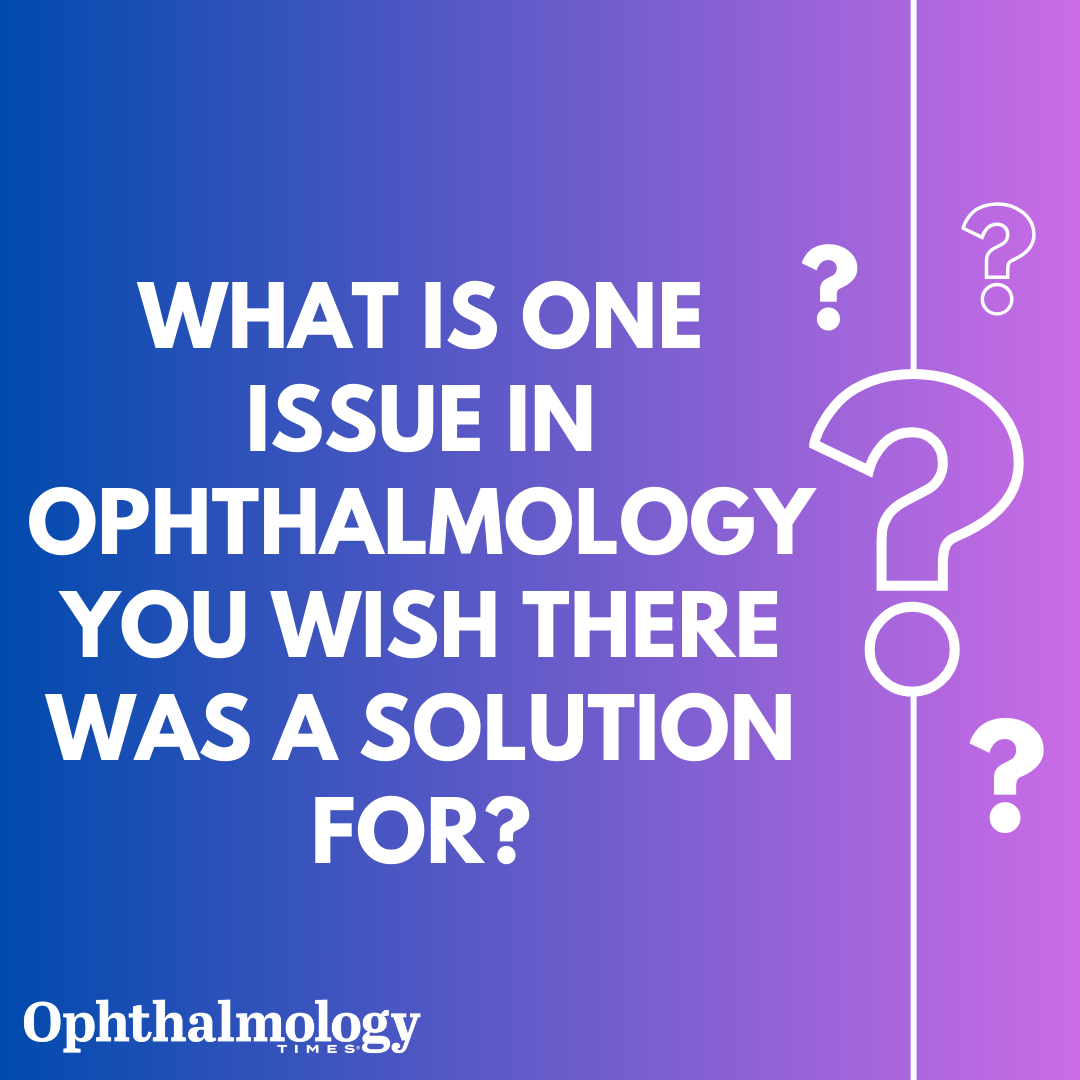
This series features experts in ophthalmology sharing their thoughts on the one unsolved challenge they wish there was a solution for.
Video Transcript:
Editor’s note: The below transcript has been lightly edited for clarity.
Vikas Chopra, MD:
Yeah. I mean, if we can cure blindness, that would be amazing. So, you know, we are, of course, moving in that direction with, you know, stem cell treatments, perhaps regeneration of the optic nerve. There’s already stem cell trials for retina, which is quite promising. So I think if we can, you know, really–that’s one thing, if we can achieve that, would be amazing. The second thing is, of course, which we made a lot of strides in, is early detection. If you can detect disease states, earlier intervention is just much less invasive, and you have a better chance of preservation and vision. This is especially critical now, as we’re all living longer. I mean, it’s not infrequent that I have every clinic session, maybe one or two patients who are over the age of 90, and often over the age of 93 in my clinic. And so we have to understand that people are living longer. We have to preserve their vision for longer. So the earlier you can find disease, treat it appropriately, in a responsible manner. You can, you know, improve their quality of life.
John D Sheppard, MD, MMSc, FACS
I think a broader perspective is cure. As ophthalmologists, we cure cataracts. That’s really exciting, but there’s not a whole lot of other things that we cure. We prevent, we maintain, we manage, we reverse conditions. So where will the cures be? The cures will be with understanding genetics, the true etiology of so many conditions. And we know that, for instance, we have a number of relevant genetic markers for diseases like age related macular degeneration, glaucoma, Fuchs’ dystrophy and so many retinal dystrophies that are with decades blinding. And there are genetic treatments, genetic analyzes for just about every disease that we deal with. I think the next revolution in ophthalmology will truly be curing conditions to which we as humans are genetically predisposed. And this is the thrust of so many new startup companies being partnered and then acquired by strategics. They’re expensive now because the understanding, the technology, the clinical trials are so costly and so new, it’s a whole novel field. I think the next generation of ophthalmologists will have cures for so many of the diseases that they see.

Leave a Reply